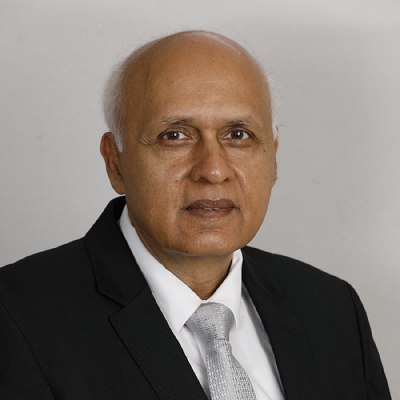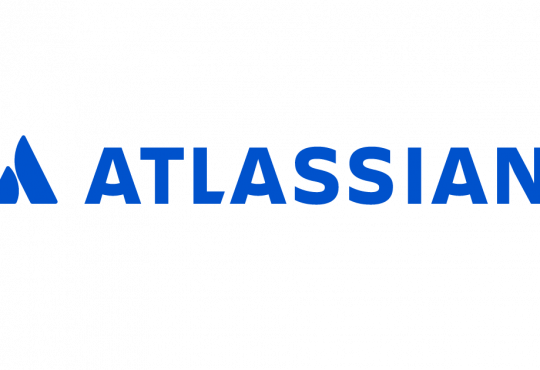
CXOToday has engaged in an exclusive interview with Dr Ajay Ranka, CMD- Zydex Industries
- Sustainable solutions are need of the hour. Why is it important for industries to develop and employ sustainable alternatives?
It is very important for industries to develop sustainable alternatives since it is the demand of our society, government and is also driven by our own conscience – to leave a sustainable earth behind for our future visitors. The key is that this lifestyle i.e. our visit to this planet is consuming a lot of limited resources in an irreversible manner. What we call the circularity of life – 100% recycling and sustainable alternatives – are actually missing in many areas. That’s where innovation, change of practices & methodologies will have to be brought in to make earth a sustainable planet. One of the key reasons of sustainability is that we do not want to alter our biodiversity, pollute the earth or cause a climate change. All these three factors will help us to preserve earth as we have inherited. And this is where industries need to start adopting practices that are impact-neutral.
- How important is it to introduce new technology in roadway construction and why?
Today, most roads are designed for 20-year life cycle where we use a lot of aggregates, cement and bitumen. This is not sustainable as we have to construct new roads and maintain the old ones. So, we must start looking at ‘perpetual pavements’ extent durability of pavements from 50 to 100 years. Key factors for damage to roads is water. 85 to 90% of road damage is caused by water ingress into pavements or pavements being saturated with water. Number two would be fatigue and third factor could be the sun, to an extent, where bitumen pavements are concerned.
Now, in order for us to overcome these natural forces of destruction and man-made problems in terms of the load which we are constantly putting on under-designed roads, it is important for us to adopt new technologies where we can reduce this impact. This is also why it is important for us to look for new technologies that can help us to build water-resistant roads that are capable of carrying higher fatigue load and last longer in hot, humid conditions.
- Why is it important to turn to technologically advanced solutions for organic farming? How is Zydex contributing to it?
Organic farming is not a fad anymore. It is a necessity if we want our future generations to remain healthy and have a good vigorous life. Today, irresponsible use of chemical fertilizers, chemical pesticides, herbicides, fungicides and all kinds of protective technologies is creating a havoc for biodiversity and total chemical load which is left into our food chain. It is crucial to revive soil which has been degraded as a result. We also need to focus on inoculating the soil with good biology. Most importantly, we need to develop technologies that can protect soil through organic means whether it is bio pesticides or natural pesticides.
Zydex is basically building various solutions in four different parts, first being that we are helping the farmer to improve their bio manure (animal manure) and enriching that as well. Secondly, we are helping farmers to make their soil soft and porous, with a full technological package to inoculate the right biology to fix NPK and infuse micronutrients by biological means. We also provide technology for protecting plant through our Neem and Suraksha technologies. So, by enabling farmers to adopt to newer biological technologies that improve produce and make organic food
yield-positive, profit-positive, we are contributing towards organic farming.
- What is sustainable cotton bio-farming and why is it important?
Cotton is a fibre that is loved by all and it is important as many industries depend on it. As it comes from our farms, maintaining farms’ sustainability and preserving its fertility are crucial and hence, bio-farming of cotton that gives equal yield, is the only sustainable way of going forward. This is why bio farming of cotton becomes all the more important. We call this, in today’s world as ‘Better Cotton Initiative’ (BCI) or organic cotton, both concepts are right now being pursued with different level of flexibility.
- How has nanotechnology changed the otherwise traditional textile sector?
Nanotechnology is used in textile industry in a very big way now whether it is for coating, printing, connecting electronics or application of carbon nanotubes and so on. Nanotechnology means anything which is below 100 nanometres and can basically function at a thinner layer so material intensity can be reduced. These things can be in the finishing sector, printing sector or functional textiles. That is how nanotechnology can help in the textiles sector.
- How do sustainable alternatives affect profitability?
Profitability in the beginning may reduce but in the long run, it has been my experience, that we always generate more profits when we pursue sustainable alternatives. One because it actually becomes cheaper on the raw materials side and second the customers like it, there is a higher volume and generally the world is starting to demand more sustainable alternatives. This will keep on increasing the value that we have created and improve the EBITA margins.
- To switch to bio-farming in 1st crop cycle, farmers believe they have to compromise on earnings / profits or have to wait for a few crop cycles for it to work efficiently. Do you think this is true?
We as a company have made development of bio-digester, bio-fertilizers, basal and foliar grade and natural pesticides formulations which now allows us to make a claim that profitable switch to chemical free farming is possible for the farmers in one crop cycle. We have demonstrated this with many farmers in the last kharif season and we are accumulating more data in this rabi season. We are very confident across all the crops; potato, banana, sugarcane which are high nutritional intensive crops and wheat, soybean, chana, moong which are low intensive crops, in all of them the farmer can end up making more profits and switch over to the bio farming approach without any difficulty.
- What are the key focus areas or goals of Zydex Industries and its R&D team for next 5 years?
We want to make India organic, make India look beautiful, Indian houses durable and Indian roads smooth, pothole free. These are the key objectives and focus areas. The goal is to develop technologies so that all our citizens can enjoy better-developed world facilities, while make them more sustainable and affordable. Our R&D department will be working on many products and technologies to augment our product line which is currently available in these key areas to achieve these objectives.







